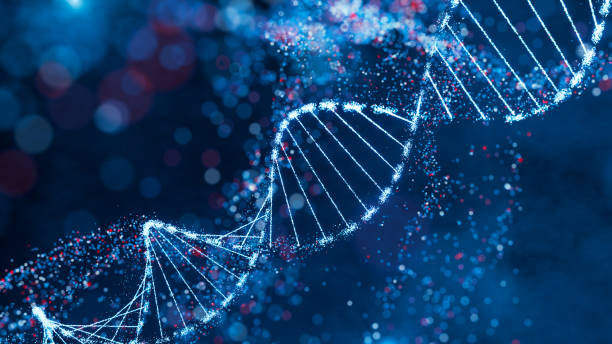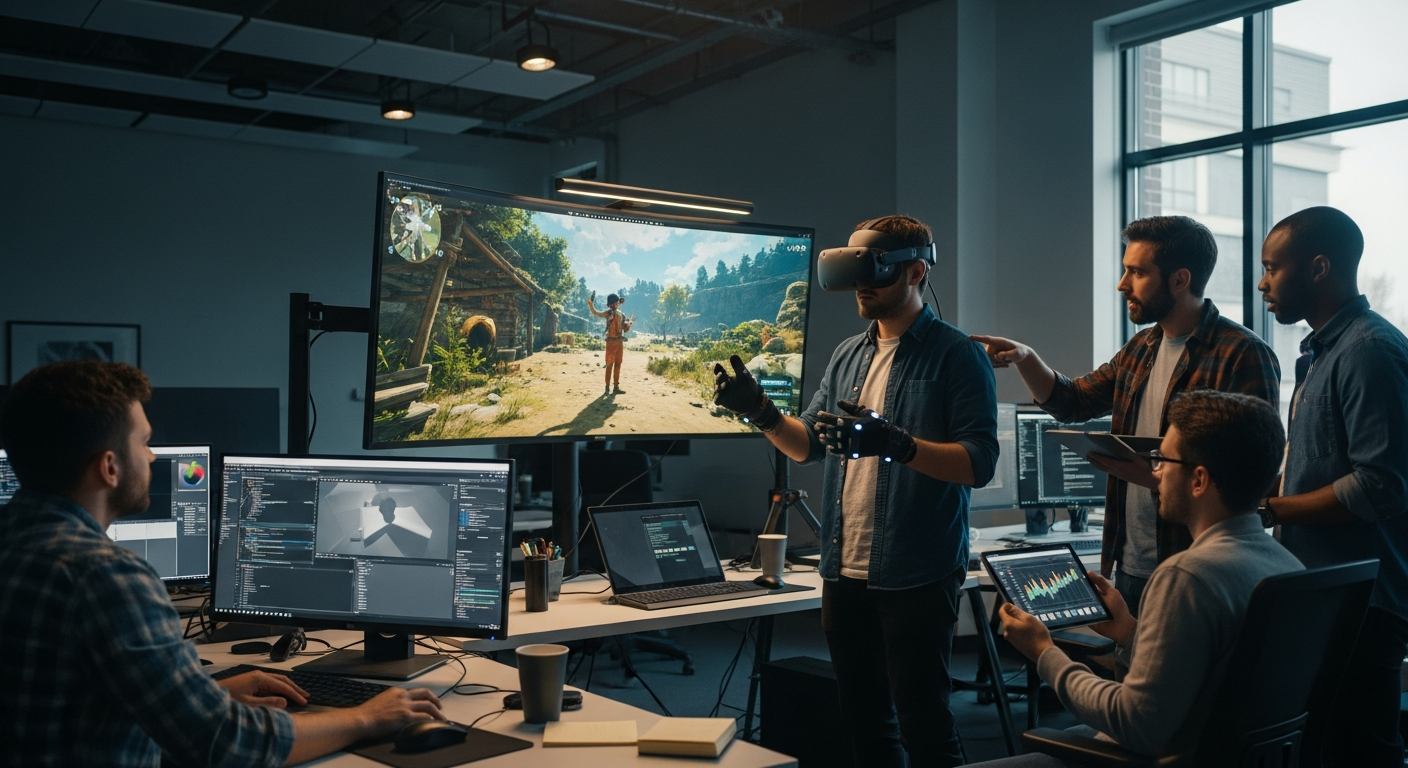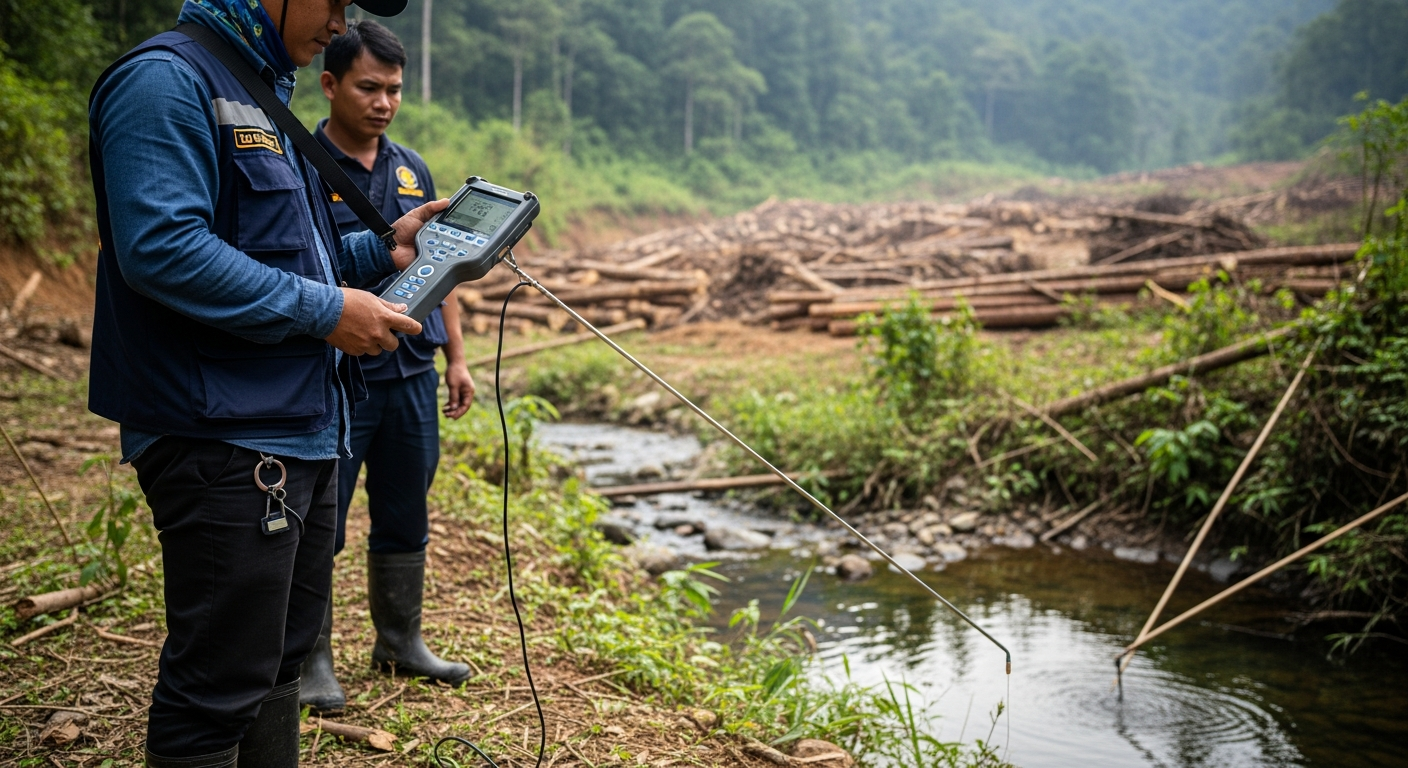Legal Implications of Synthetic Biology: A New Frontier
Introduction: Synthetic biology, a cutting-edge field merging biology and engineering, is reshaping our understanding of life itself. As scientists push the boundaries of genetic manipulation and artificial life creation, lawmakers and ethicists grapple with unprecedented legal challenges. This article explores the complex legal landscape surrounding synthetic biology and its potential impact on society.

The potential applications of synthetic biology are vast and diverse. From developing new medicines and biofuels to creating artificial organs and environmental cleanup solutions, this technology promises to address some of humanity’s most pressing challenges. However, as with any transformative technology, synthetic biology also raises significant legal and ethical concerns that demand careful consideration.
Regulatory Frameworks: Adapting to a New Reality
Current regulatory frameworks, designed for traditional biotechnology, are struggling to keep pace with the rapid advancements in synthetic biology. In the United States, oversight of synthetic biology products falls under the jurisdiction of multiple agencies, including the Food and Drug Administration (FDA), Environmental Protection Agency (EPA), and Department of Agriculture (USDA). However, the novel nature of synthetic organisms often blurs the lines between existing regulatory categories.
Lawmakers are now faced with the challenge of developing new regulations that can effectively govern synthetic biology while fostering innovation. This task is complicated by the need to balance safety concerns, ethical considerations, and economic interests. Some experts argue for a proactive approach, calling for the creation of a dedicated regulatory body to oversee synthetic biology research and applications.
Intellectual Property Rights in the Age of Artificial Life
The rise of synthetic biology has ignited debates over intellectual property rights in living organisms. While the landmark 1980 case of Diamond v. Chakrabarty established that genetically modified organisms could be patented, synthetic biology pushes the boundaries of what constitutes a novel invention. As researchers create increasingly complex synthetic life forms, questions arise about the patentability of these creations and the potential for monopolization of fundamental biological building blocks.
Patent offices worldwide are grappling with how to apply existing patent law to synthetic biology inventions. Some argue that overly broad patents on synthetic biological components could stifle innovation and limit access to critical technologies. Others contend that strong patent protection is necessary to incentivize research and development in this high-risk, high-reward field.
Biosecurity and Dual-Use Concerns
The ability to manipulate and create biological systems raises significant biosecurity concerns. Synthetic biology techniques could potentially be used to engineer more virulent pathogens or recreate extinct viruses, posing serious risks to public health and national security. Lawmakers and security experts are working to develop legal frameworks to mitigate these risks without unduly hampering legitimate research.
One approach being considered is the implementation of a screening system for DNA synthesis orders, similar to export control regulations. Such a system would aim to prevent the synthesis of dangerous pathogens by unauthorized individuals or groups. However, critics argue that overly restrictive regulations could drive research underground or to less regulated jurisdictions, potentially increasing risks.
Environmental Impact and Liability Issues
As synthetic organisms move from laboratories to real-world applications, questions of environmental impact and liability become increasingly pressing. The release of genetically engineered organisms into the environment has long been a contentious issue, and synthetic biology amplifies these concerns. Lawmakers must grapple with how to assess and manage the potential ecological risks of synthetic organisms, as well as determine liability in cases of unintended environmental harm.
Some legal experts propose the development of a specialized liability regime for synthetic biology, similar to those established for other potentially hazardous technologies. Such a regime could include mandatory insurance requirements, strict liability standards, and the establishment of compensation funds to address potential damages.
The Path Forward: Balancing Innovation and Regulation
As synthetic biology continues to advance, the legal landscape must evolve to address its unique challenges. This will require close collaboration between scientists, policymakers, ethicists, and legal experts to develop comprehensive and flexible regulatory frameworks. International cooperation will also be crucial, as the global nature of scientific research and the potential impacts of synthetic biology transcend national borders.
The legal community faces the task of crafting regulations that protect public safety and address ethical concerns while fostering innovation in this promising field. As we navigate this new frontier, it is clear that the legal implications of synthetic biology will continue to shape scientific progress and societal norms for years to come.






